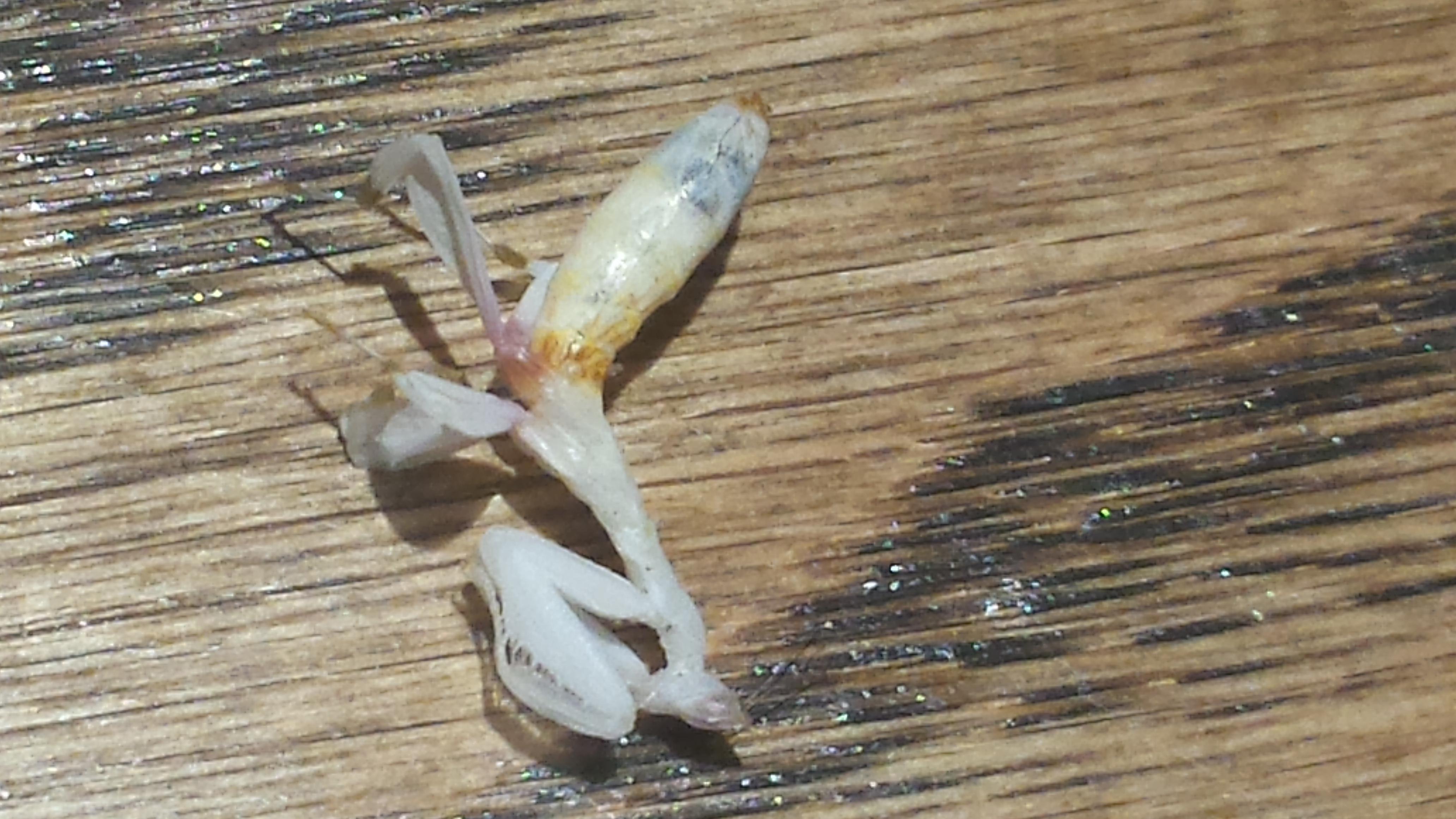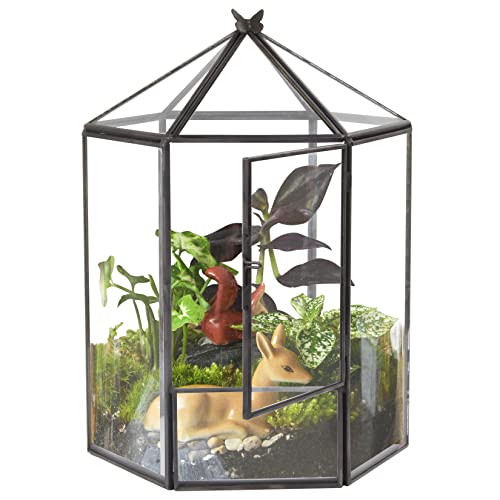Ghost_Keeper
Well-known member
So I had recently gotten some l2 orchid nymphs from Peter Clausen when they both suddenly died under the same circumstances. They stopped eating, became very hyper, and their abdomens swelled up and become dark black at the tips, with almost an opaque yellow for the rest. They ignored all food, and when given water or anything, their mouths wouldn't work. Any idea what happened with my nymphs? The only thing they ate was fruit flies btw.


Last edited by a moderator:












































